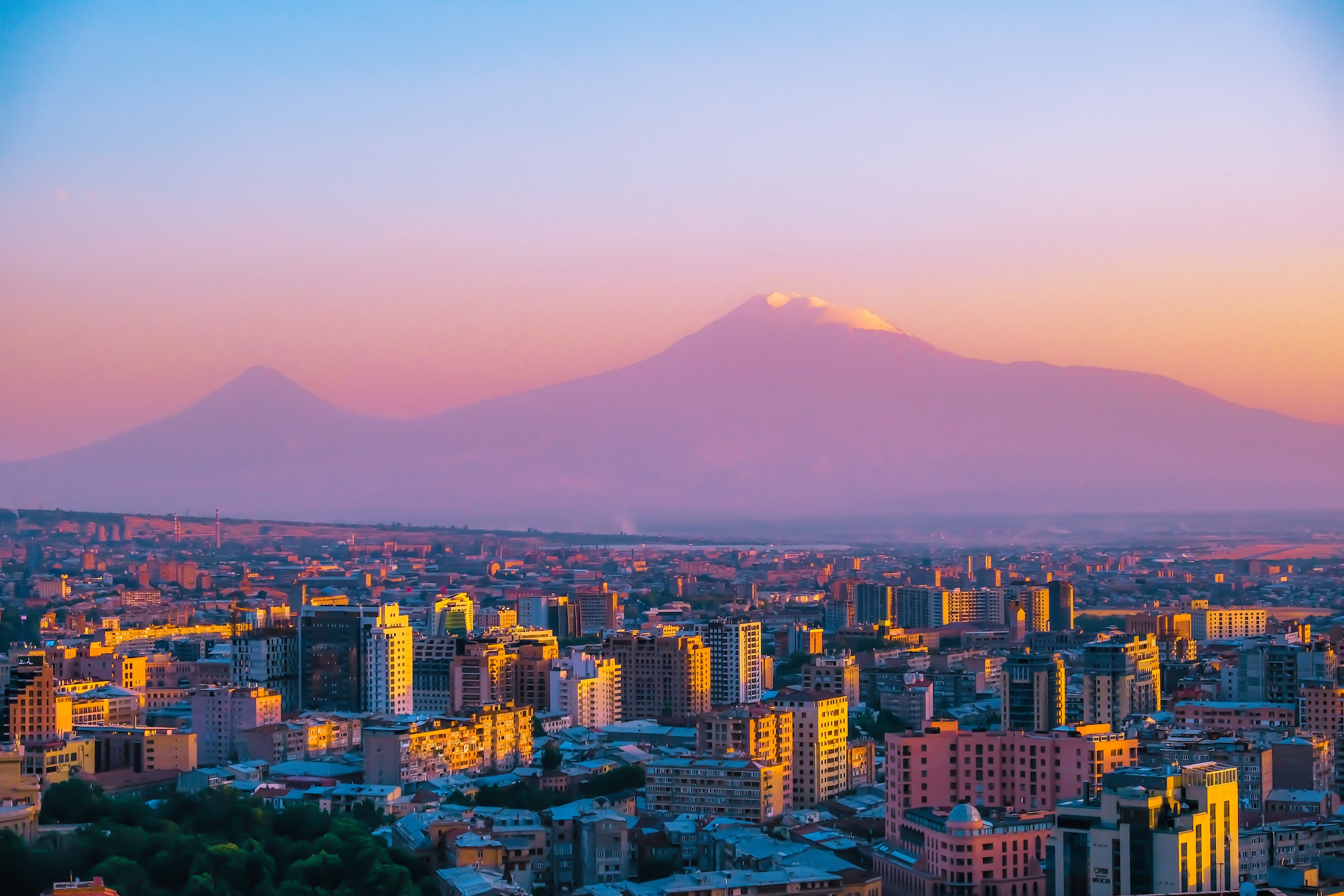Paraguay is a central South American country landlocked between Argentina, Bolivia, and Brazil. The capital of Paraguay Asuncion is also its biggest city. The population of the country is over 7 million people and the two official languages are Spanish and Guarani.
Paraguay has a stable economy that is heavily supported by agriculture and the production of hydroelectric power. The major crops are soybeans, corn, and wheat. The world’s third-largest hydroelectric power plant is placed at the Itaipu Dam on the Parana River.
The Paraguayan culture is influenced by European and indigenous cultures; music, arts, drama, and crafts, all seem to be fused harmonically as a very colorful and rich culture on its own.

Types of companies in Paraguay
Over the years, Paraguay has experienced several improvements in its business environment. Key features such as strategic location, low labor cost, favorable tax environment, etc. make Paraguay an attractive location for investors, foreign and local.
In terms of business structures, here are a few formats that are popular and permissible in Paraguay.
| S# | Type of company | Local name | Min. paid-up capital required |
| 1. | Sole Proprietorship | Empresa Unipersonal | No paid-up capital required |
| 2. | Partnership | Ociedad en Nombre Colectivo | $650 |
| 3. | Corporation | Sociedad Anónima | $9,800 |
| 4. | Limited Liability Company | Sociedad de Responsabilidad Limitada | $1,100 |
| 5. | Cooperative | Cooperativa | $1,200 – $3,500 |
Note that the Paraguayan Cooperative Law requires different paid-up capital for cooperatives depending on the nature of the business. A life-stock corporative requires minimum paid-up capital of $1,200 while service cooperatives require $3,500.
Sole proprietorship
A single-person-owned business format that is simple to establish and operate. The owner is in charge of all the business decisions and is responsible for all the liabilities in a personal capacity.
Partnership
A partnership business is formed between two or more natural persons. The nature of partnership may be general; where all partners are equally responsible for the debts and liabilities. Or it may be a limited partnership where a group of partners is liable only to the extent of their share in the business.
Corporation
A corporation is a formal and more complex business structure than the previous two. A corporation is similar to an LLC as it limits the liability of the owners, but differs in terms of the organizational structure. In a corporation, the owners are its members who select a board of directors to run the business operations.
Limited Liability Company
An LLC is a hybrid structure combining the liability protection of a corporation with the flexibility and simplicity of a partnership company.
Cost of registering various business structures in Paraguay
The cost involved during the incorporation and registration process of a company depends on its size, nature of business, and location of the company.
Here is an overview of some major costs that are important to budget:
Legal and professional fees
The cost of hiring a lawyer or an accountant to help with the registration and incorporation process can vary depending on the complexity of the process and the specific needs of the company. Generally, the legal and professional fees for registering and incorporating a company in Paraguay range from $500 to $2,000.
Registration fees
The cost of registering a company in Paraguay varies depending on the type of company and the amount of paid-up capital. For instance, the registration fee for a corporation with a paid-up capital of $10,000 is around $581. The registration fee for an LLC with a paid-up capital of 1,120 is approximately $335.
Notary fees
The cost of notary fees in Paraguay varies depending on the type of company and the amount of paid-up capital. For example, the notary fees for a corporation with a paid-up capital of $10,000 can range from approximately $280 to $420.
Cost of doing business in Paraguay
Expenses incurred by a company depend on its size, number of employees, the taxes the company is subject to, the location of the company, etc.
The recurring expenses constitute a large portion of the budgeting of a company and attention shall be paid to these expenses to ensure smooth operations.
Labor costs
The minimum wage in Paraguay is currently $300 per month, and this is the lowest wage that can be paid to an employee. The actual labor costs, however, can vary significantly depending on the level of skill required and the industry.
Taxation
Paraguay has a relatively low tax burden compared to other countries in the region. The corporate tax rate is 10%, and there are various incentives and exemptions available to businesses that invest in certain sectors or regions of the country. Additionally, there is a value-added tax (VAT) of 10% that applies to most goods and services.
Infrastructure
While Paraguay has made significant investments in infrastructure in recent years, there are still some challenges in terms of transportation and access to basic services in certain regions of the country. Businesses operating in these regions may face higher costs associated with logistics and supply chain management.
Real estate
The cost of real estate in Paraguay varies depending on the location and the type of property. Commercial rents in the capital city of Asunción, for example, can range from $8 to $20 per square meter per month.
Utilities
The cost of utilities, such as electricity and water, in Paraguay, is relatively low compared to other countries in the region. However, businesses operating in certain industries, such as manufacturing, may face higher costs associated with energy consumption.
Advantages of doing business from Paraguay
Paraguay is in proximity to developing economies such as Argentina, Brazil, and other South American nations. Companies here can easily access South and North American markets through land and sea routes.
Here are some added advantages apart from the strategic location for companies operating from Paraguay
Competitive costs
Paraguay has a relatively low cost of living, which translates to lower business costs, including labor, real estate, and utilities.
Favorable tax environment
Paraguay has a simple tax system and offers several tax incentives to encourage foreign investment.
Access to natural resources
Paraguay is rich in natural resources, including fertile land, hydropower, and minerals.
Improving infrastructure
Paraguay is investing in its infrastructure, including roads, bridges, and ports, to better connect the country to regional and global markets.
Entrepreneurial culture
Paraguay has a vibrant and growing entrepreneurial culture, with many local and foreign entrepreneurs starting and growing businesses in the country.







